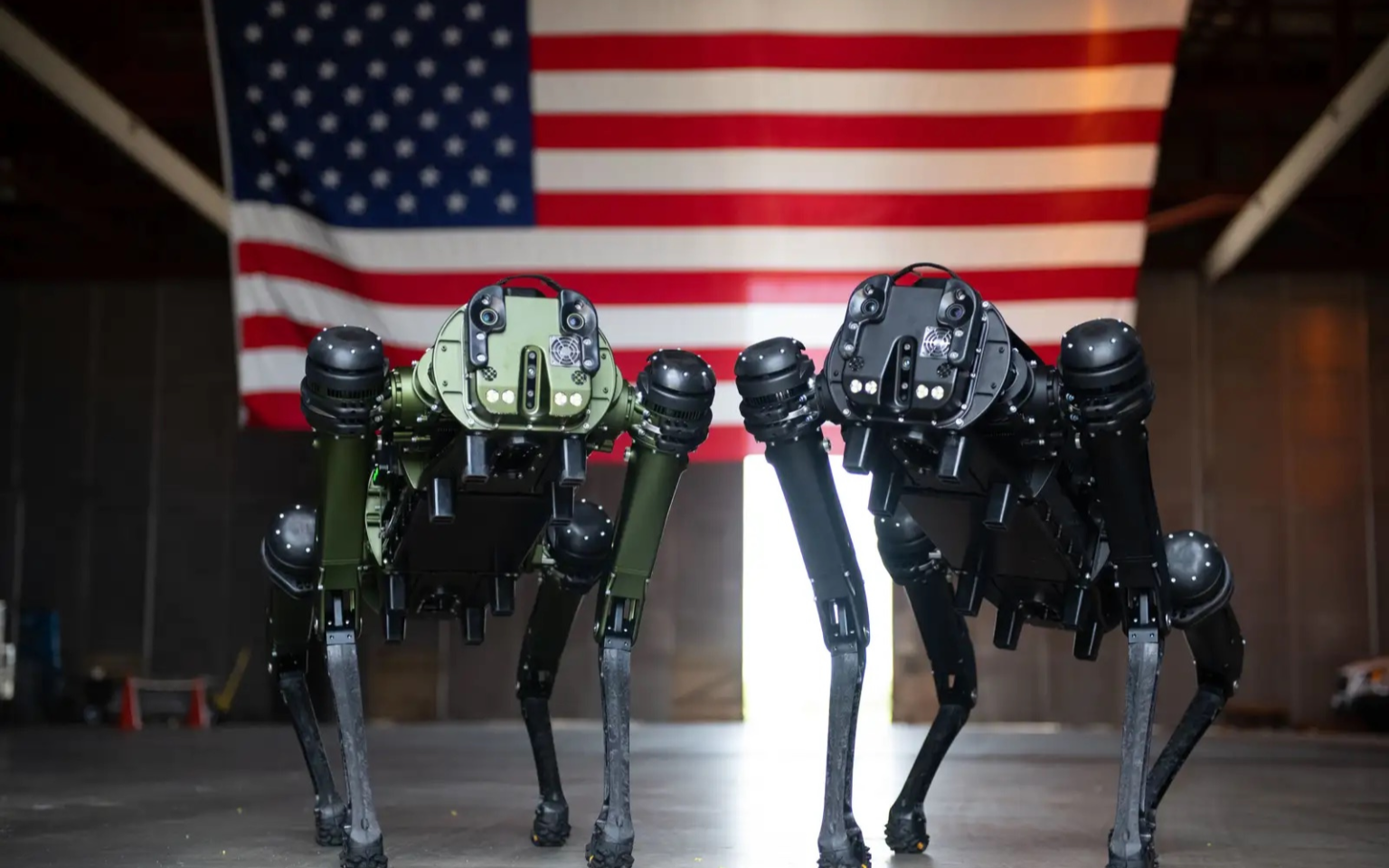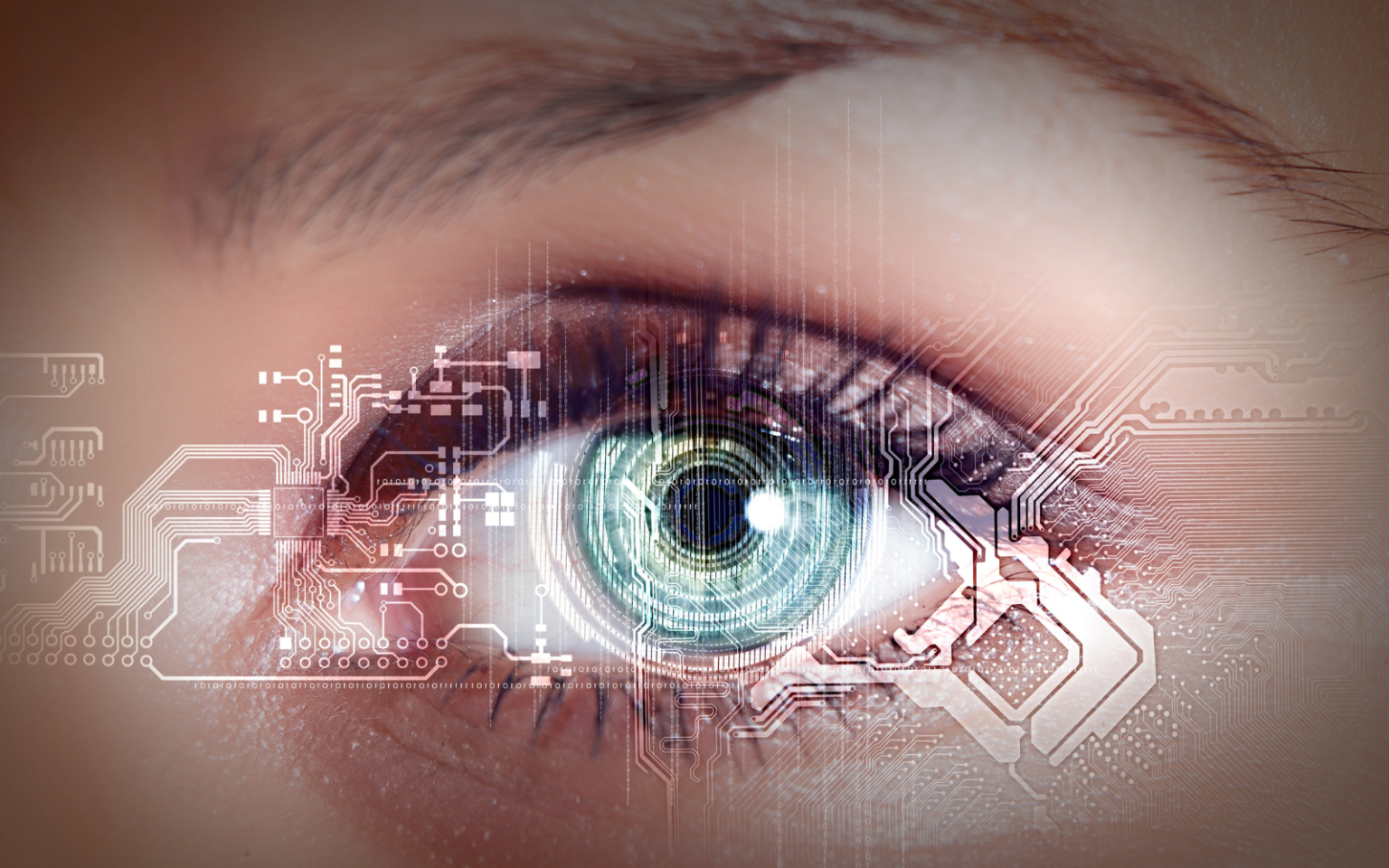You might suppose Hollywood is good at predicting the future. Indeed, Robert Wallace, head of the CIA’s Office of Technical Service and the US equivalent of MI6’s fictional Q, has recounted how Russian spies would watch the latest Bond movie to see what technologies might be coming their way. Hollywood’s continuing obsession with killer robots might therefore be of significant concern. The newest such movie is Apple TV’s forthcoming sex robot courtroom drama Dolly. I never thought I’d write the phrase “sex robot courtroom drama”, but there you go. Based on a 2011 short story by Elizabeth Bear, the plot concerns a billionaire killed by…
Author: The Conversation
We all have to make hard decisions from time to time. The hardest of my life was whether or not to change research fields after my PhD, from fundamental physics to climate physics. I had job offers that could have taken me in either direction – one to join Stephen Hawking’s Relativity and Gravitation Group at Cambridge University, another to join the Met Office as a scientific civil servant. I wrote down the pros and cons of both options as one is supposed to do, but then couldn’t make up my mind at all. Like Buridan’s donkey, I was unable to move to either the…
When Facebook reinvented itself into Meta in October 2021, it was widely reported that Meta would be focusing on virtual reality (VR) by being at the forefront of the metaverse. But Meta has not given up on the world of bricks and mortar yet, as reflected by the company’s massive investment in augmented reality (AR) glasses. My research considers smart real estate and human-computer interactions in smart environments. Meta is only one among many companies betting that the future of physical space will involve merging with digital space, resulting in an augmentation of our reality. Apple, Google, Snap, Microsoft and a string of…
Recently, when scrolling through TikTok – purely for research purposes of course – we paused on a video “spilling the tea” (that means sharing the goss) on the hottest new social media app, BeReal. As social media researchers and teachers of Gen Z university students, we try to stay current with the latest trends. BeReal is a refreshing change from curated feeds – however, as with most new social media platforms, free speech issues may lurk just around the corner. @itvnews Why are people switching their social apps to BeReal? #learnontiktok #bereal #trending #genz #socialmedia ♬ original sound – itvnews A…
From learning numbers to learning how to brush your teeth, it seems there’s a kids’ app for everything. Recent US statistics indicate more than half of toddlers and three-quarters of preschoolers regularly access mobile apps. So it’s no surprise there has been an explosion of options within the app market to keep kids engaged. These apps certainly offer some fun interactive experiences, not to mention good educational content in many cases. They’re also very good at keeping young minds engaged. So what’s the catch? You just read it: they are very good at keeping young minds engaged – so much that kids can struggle…
Microcredentials — attestations of proficiency in a specific skill or knowledge base that are certified by an authority — can provide evidence of a person’s skills to employers. While microcredentials are becoming more popular, the concept is hardly new: A driver’s licence or the St. John Ambulance certificate could be considered as microcredentials, attesting respectively to a person’s driving skill or their competency in administering first aid. Blockchain technology is appropriate for microcredential implementation. Blockchain can best be described as a digital ledger that records information that can be shared among a community of users. Bitcoin and other crypto-currencies are the best-known examples of blockchain, but…
This week, Todd Sampson’s documentary Mirror Mirror: Love & Hate screened on Channel Ten. The documentary focuses on harms that occur through social media and online platforms. It raises important points about the need for awareness and regulation, but these are often crowded out by alarmist tropes that don’t reflect what we know from decades of research into digital technologies. Left unchallenged, they can prompt unnecessary worry and distract us from having important conversations about how to make technology better. As digital media researchers, here are some of the claims we think people should approach with caution. Digital technology and ADHD While…
A new dawn of space exploration is upon us. NASA aims to land the first woman and person of colour on the moon by the end of 2025, and send a crew on a year-and-a-half long mission to Mars in the 2030s. To ensure a safe and pleasurable journey to the final frontier, national agencies such as NASA and private companies such as SpaceX must address both the technical and human factors associated with working and living in space. Yet, the realities of sexuality and intimacy in space are mostly omitted. How will people be able to live for prolonged periods of time in the isolated,…
Music is part of our lives in different ways. We listen to it on our commutes and it resounds through shopping centres. Some of us seek live music at concerts, festivals and shows or rely on music to set the tone and mood of our days. While we might understand the genres or songs we appreciate, it’s not clear precisely why a certain song is more appealing or popular. Perhaps the lyrics speak to an experience? Perhaps the energy makes it appealing? These questions are important to answer for music industry professionals, and analyzing data is a key part of this. At…
Fake photography is nothing new. In the 1910s, British author Arthur Conan Doyle was famously deceived by two school-aged sisters who had produced photographs of elegant fairies cavorting in their garden. Today it is hard to believe these photos could have fooled anybody, but it was not until the 1980s an expert named Geoffrey Crawley had the nerve to directly apply his knowledge of film photography and deduce the obvious. The photographs were fake, as later admitted by one of the sisters themselves. Hunting for artefacts and common sense Digital photography has opened up a wealth of techniques for fakers…










